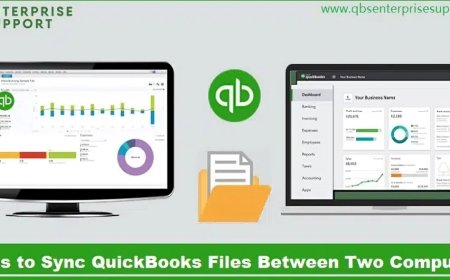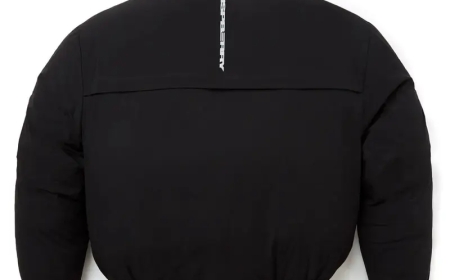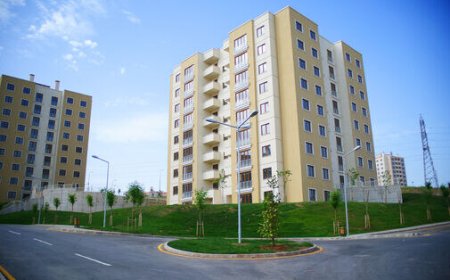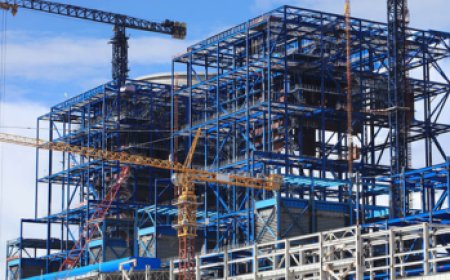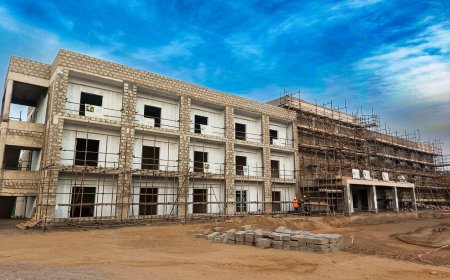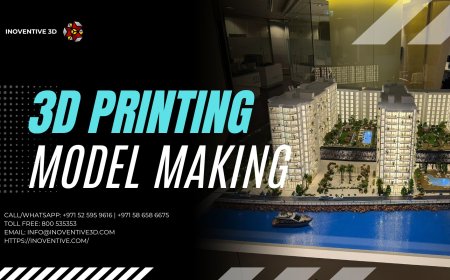Time-Sensitive Travel: Navigating Urgent Indian Visas and Essential Documentation

India's allure, whether for business, tourism, or medical needs, often calls for swift action. While standard visa processing can take time, unforeseen circumstances sometimes necessitate an urgent Indian visa.1 Understanding the pathways to expedited applications and having all the correct Indian visa document requirements in order is paramount for a successful and stress-free journey.
The Quest for an Urgent Indian Visa
For travelers facing genuine emergencies, India's visa system offers provisions for expedited processing.2 However, it's crucial to distinguish between a regular, albeit quick, e-Visa application and a truly urgent, emergency visa.
E-Visa Expedited Processing:
The e-Visa system, highly favored for its convenience, often includes an "urgent" or "fast-track" processing option for an additional fee. For many nationalities, this can reduce the standard e-Visa processing time from 3-5 business days to as little as 24-72 hours. This is the most common route for those who need a visa quickly but aren't facing a life-or-death situation. It's available for e-Tourist, e-Business, and e-Medical visas.3 While efficient, it's not a guaranteed "same-day" service, and applicants should still allow a buffer.
Emergency Visas (Consular Missions):
In truly dire circumstances, such as a death or critical illness of an immediate family member in India, a physical mission (Embassy or High Commission) may offer an emergency visa service. These are typically handled on a case-by-case basis and require substantial documentary evidence to prove the emergency.
Key characteristics of urgent/emergency visa applications:
-
Genuine Emergency: This is the absolute core requirement. Misrepresenting the urgency can lead to rejection and future visa issues.
-
Documentary Evidence: For emergency visas through a mission, expect to provide official documents like death certificates, hospital letters, or letters from medical practitioners in India, all clearly stating the critical nature of the situation.
-
Limited Scope: Emergency visas are usually short-term and single-entry, specifically for addressing the crisis.4
-
Higher Fees: Expedited processing, whether for e-Visas or emergency visas, typically incurs an additional, non-refundable fee.
-
Direct Contact: For consular emergency visas, contacting the High Commission or Embassy directly via their emergency helpline or email is often necessary to ascertain specific procedures and required documentation.
It is vital to remember that even with an urgent request, visa approval is never guaranteed. The final decision rests with the Indian authorities. Therefore, it is strongly advised not to book non-refundable flights or accommodations until the visa is securely in hand.
Indian Visa Document Requirements: The Foundation of Your Application
Regardless of whether you're applying for a standard or urgent Indian visa, having your Indian visa document requirements in perfect order is the single most critical factor for a smooth process. Incomplete or incorrect documentation is the leading cause of delays and rejections.
Here's a comprehensive checklist of common documents required for most Indian visa categories, with specific additions for e-Visas and emergency scenarios:
General Documents (Applicable to most visa types):
-
Passport:
-
Original passport with at least six months of validity remaining from your date of arrival in India.
-
A minimum of two blank pages for visa stamping.5
-
Scanned copy of the passport's bio-page (for e-Visa).
-
Copies of any old passports and previous Indian visas (if applicable).
Photographs:
-
Two recent passport-sized color photographs (usually 2x2 inches or 51mm x 51mm).
-
White background, full face, front view, eyes open, and without glasses (unless for medical reasons).6
-
Digital photograph meeting specific size (Min 10KB, Max 300KB for e-Visa) and aspect ratio requirements for online upload. The physical photo for traditional applications must be identical to the uploaded digital one.
Application Form:
-
Duly filled and signed online visa application form (indianvisaonline.gov.in). For traditional visas, a printed hard copy is required. For e-Visas, the entire process is online.
Proof of Financial Means:
-
Bank statements (recent, usually 3-6 months) showing sufficient funds to cover your stay.
-
Credit card statements or other financial solvency proof.
-
For sponsored visits, a letter of sponsorship and sponsor's financial documents.7
Travel Itinerary:
-
Confirmed return or onward flight tickets.
-
Confirmed hotel bookings or a letter of invitation from a host in India (with their address and ID proof).8
Proof of Residence:
-
Utility bills (electricity, gas, landline phone not older than 3 months) or a government-issued ID showing your current address.9
Specific Document Requirements by Visa Type:
-
Tourist Visa: Primarily the general documents mentioned above.
-
Business Visa:
-
Invitation letter from an Indian company/organization, clearly stating the purpose and duration of the visit.
-
Letter from your employing company (on letterhead) stating your designation, purpose of visit, and financial responsibility.
-
Business card.
-
Medical Visa:
-
Letter from a recognized hospital in India on official letterhead, clearly stating the patient's name, ailment, treatment advised, and duration of treatment.
-
Medical reports and diagnostic results from your home country.
-
For a Medical Attendant Visa, proof of relationship with the patient (marriage certificate, birth certificate, etc.).
-
Student Visa:
-
Admission letter from a recognized Indian educational institution.
-
Proof of financial means to cover tuition fees and living expenses.
-
No objection certificate (NOC) from parents/guardian.
-
Conference Visa:
-
Invitation letter from the conference organizer in India.
-
Proof of political clearance from the Ministry of External Affairs (MEA) and event clearance from the Ministry of Home Affairs (MHA).10
Additional Documents for Emergency Visas (Consular Missions):
-
Death Certificate/Hospital Letter: Official documentation confirming the death or critical illness of an immediate family member in India.11
-
Proof of Relationship: Documents proving your immediate family relationship to the deceased/ill individual (e.g., birth certificate, marriage certificate).
-
Passport of the Indian national who is deceased or critically ill (if applicable).
-
Local Indian police report (in some cases).
Important Considerations for All Applicants:
-
File Formats and Sizes (e-Visa): Pay meticulous attention to the specified file formats (PDF, JPG, PNG) and maximum file sizes for uploaded documents.12
-
Language: All documents must be in English or accompanied by certified English translations.
-
Completeness: Do not leave any fields blank on the application form.
-
Authenticity: All documents must be genuine. Forged documents will lead to immediate rejection and potential legal consequences.13
-
Embassy/Consulate Specifics: Always check the website of the specific Indian Embassy or High Commission in your country, as requirements can sometimes vary slightly.
By thoroughly understanding the distinctions between urgent visa options and diligently preparing all the necessary documentation, applicants can significantly increase their chances of a timely and successful Indian visa acquisition, enabling them to navigate unforeseen travel needs with greater ease.








